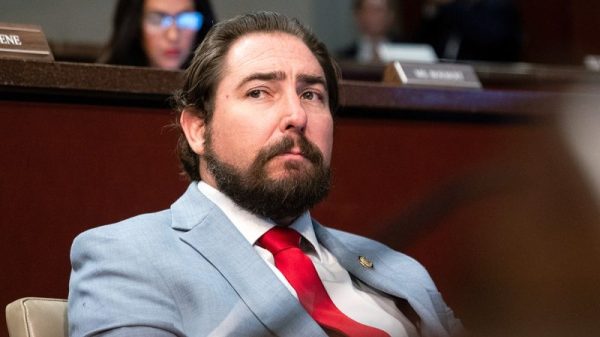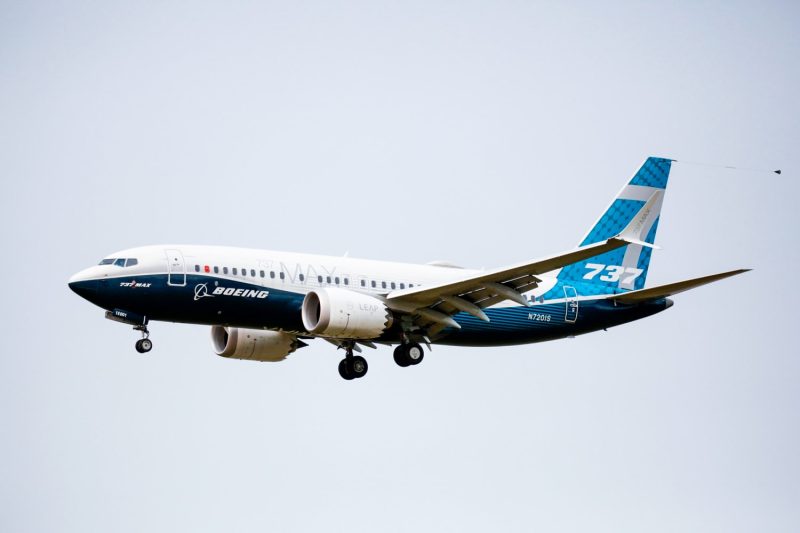In a recent ruling, the court has rejected a plea deal proposed by Boeing that was tied to the 737 Max crashes. This decision marks a significant development in the ongoing legal battle surrounding the deadly crashes of two Boeing 737 Max aircraft. The plea deal was aimed at resolving criminal charges against Boeing related to the design and certification of the 737 Max, which crashed in Indonesia and Ethiopia, claiming a total of 346 lives.
The court’s rejection of the plea deal sends a strong message about the seriousness of the charges and the need for accountability in cases of corporate negligence that result in loss of human life. The decision reflects the court’s commitment to ensuring that justice is served and that those responsible for the tragic crashes are held accountable for their actions.
The Boeing 737 Max crashes, which occurred in October 2018 and March 2019, raised serious questions about the safety of the aircraft and the oversight of regulatory authorities. Investigations into the crashes revealed flaws in the design of the 737 Max, specifically the Maneuvering Characteristics Augmentation System (MCAS), which was implicated in both accidents.
Boeing faced intense scrutiny and criticism in the aftermath of the crashes, with calls for accountability and reform within the company. The rejection of the plea deal indicates that the court is not willing to let Boeing off the hook lightly and is determined to see a thorough examination of the case and a just outcome for the victims and their families.
The decision to reject the plea deal is a positive step towards ensuring transparency and accountability in the aviation industry. It sends a strong message that companies cannot cut corners on safety standards and must be held responsible for any lapses that result in loss of life.
Moving forward, the court’s decision is likely to have far-reaching implications for Boeing and the aviation industry as a whole. It underscores the importance of stringent safety regulations, thorough oversight, and a commitment to upholding the highest standards of quality and accountability in aircraft design and certification.
In conclusion, the court’s rejection of Boeing’s plea deal tied to the 737 Max crashes is a crucial development in the pursuit of justice for the victims and their families. It signals a commitment to holding corporations accountable for their actions and ensuring that safety remains the top priority in the aviation industry.


































